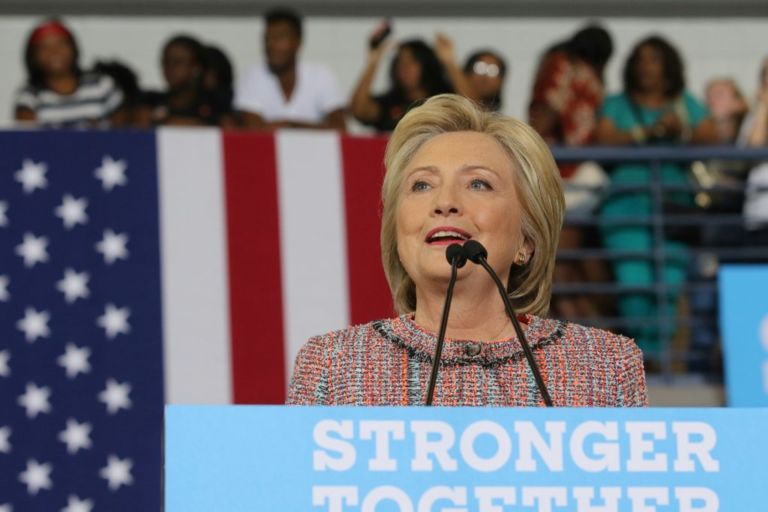Jonah Goldberg devotes his latest column to the late Margaret Thatcher and her impact on Western politics and policy.
What’s indisputable … is that the Tories and the Republicans alike suffered from an excess of “me-tooism.” From Thomas Dewey through Gerald Ford — minus Barry Goldwater’s staggering (and staggeringly influential) defeat — Republicans put forward leaders who promised to do what liberals were doing, but in a more responsible way. The pattern was even worse in Britain, which had thrown out Winston Churchill, at least partly, for wanting to trim back the welfare state.
For decades, conservatism failed to offer an alternative. This was why economist Friedrich Hayek said he couldn’t call himself a conservative. It has, he wrote, “invariably been the fate of conservatism to be dragged along a path not of its own choosing.”
One reason for this tendency is that in democracies, politicians usually can’t withstand the short-term backlash that comes with meaningful long-term free-market reforms. Thatcher was expected to follow the pattern. When it became clear that Thatcher intended to actually practice what she’d been preaching, the press demanded she make a U-turn. She didn’t. She explained in a defining speech in 1980, “The lady’s not for turning.” She had promised voters, to borrow a phrase from Barry Goldwater, “a choice, not an echo.” She delivered on it, and Britain is immeasurably better for it.
It’s worth remembering that Thatcher did not destroy the British equivalent of what Americans call liberalism. She destroyed socialism, which was a thriving concern — at least intellectually — in Britain. When Labour decided to get serious about winning elections again, Tony Blair had to repudiate the party’s century-long support for doctrinaire socialism and embrace the market. Soon, Bill Clinton followed suit, bending his party to Reagan’s legacy. Suddenly, liberals were playing the “me-too” game.


